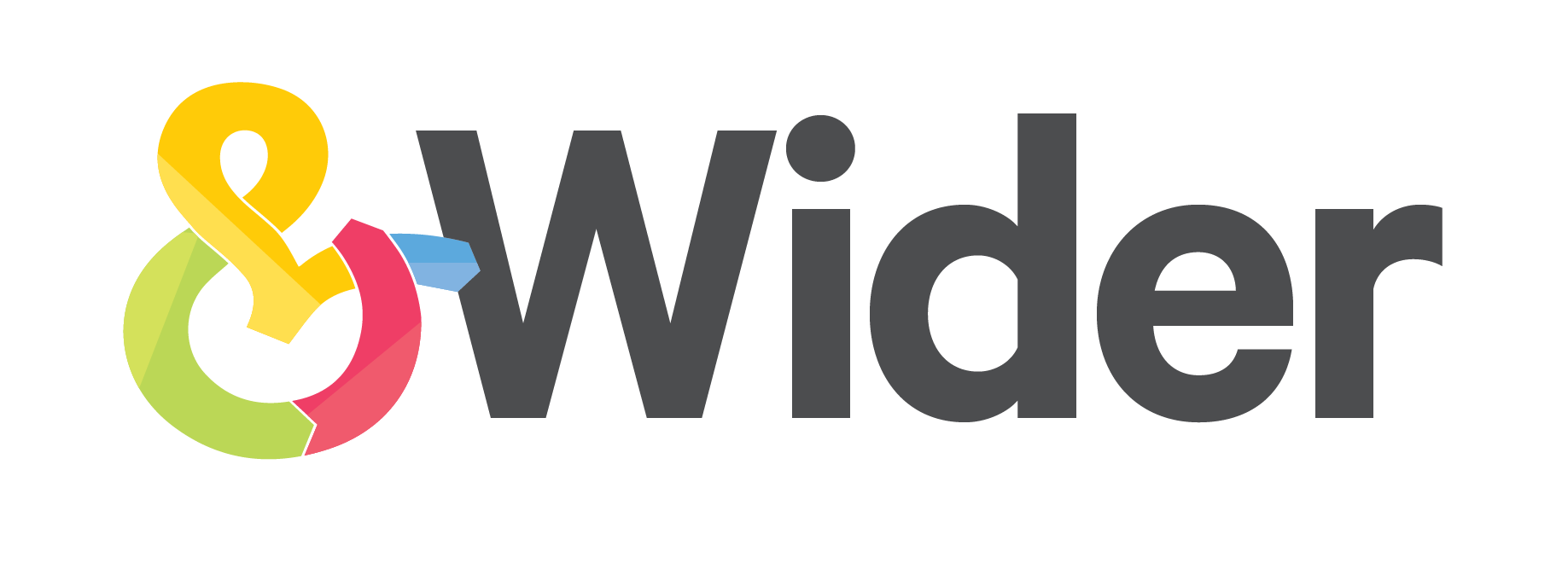
What Is Human Rights Due Diligence?
Enhanced business resilience
Human rights are crucial for resilient businesses and resilient supply chains. It’s important for a business to understand where human rights are respected and where human rights of workers, employees and other stakeholders are at risk. The method and means by which your company practically assesses and addresses human rights risks and impacts on all relevant stakeholders affected by its facilities, and by the procurement of goods and services along your supply chain, is now being regulated.
How can meeting these regulatory requirements be made manageable for your own company, and for your suppliers and business partners? This is where we can help.
Let’s break down the human rights due diligence laws
A Framework For Guiding Human Rights Due Diligence
The Organization for Economic Co-operation and Development (OECD) has provided a framework to guide human rights due diligence, similar but not identical to the United Nations Guiding Principles on Business & Human Rights (UNGPs). The UNGPs emphasise four elements: assess, address, track, and communicate. We have adopted the OECD guidelines here, which cover 6 elements:
Embed
Assess
Address
Track
Communicate
Remediate
For the sake of consistency and rigour, this platform has selected the OECD Framework to guide companies. If you can adopt practices that cover these 6 elements, you’re off to an excellent start.
SOURCE : OECD
The 6 Elements
1.
Embed Responsible Business Conduct
into policies & management systems
What will your organisation’s commitments and standards be? Once embedded, human rights and business should be a cohesive unit. Embed these into every strategy and policy going forwards, and make sure these are understood and lived within your own and partner organisations.
Who can help?
2.
Identify & Assess Adverse Impacts
in operations, supply chains & business relationships
Conduct a broad assessment to identify areas of risk in your supply chain, business operations and procurement systems. Have you found any actual and potential adverse impacts? What will your response be to any areas of risk in your business?
Who can help?
3.
Cease, Prevent Or Mitigate
adverse impacts
You now need to act on what you know. Your assessment has identified risks or potential risks. What’s the next step? Under the new human rights laws, the onus is on you to ensure that human rights are respected in your supply chain, and if your assessment data shows where these are not currently respected, this needs to be rectified. This is a good time to create and implement plans with help from one of our partners.
Who can help?

4.
Track
implementation & results
This is all about checking whether the interventions and changes you and your suppliers have implemented have adequately addressed the initial risk identified. What steps are being taken to measure whether and to what extent each human rights risk area has seen improvements? Use any insights learned from tracking about which interventions worked to improve which human rights risks, and share these with other parts of your supply chain and with other suppliers to improve supply chain due diligence for the future.
Who can help?

5.
Communicate
how impacts are addressed
You have identified adverse human rights impacts. You have acted to mitigate these. You have tracked the impact of your and your suppliers’ efforts. Now it’s time to communicate all the above to your stakeholders, and to be ready to share the above with any enforcement authority too. Everyone involved in your supply chain needs to know where you stand. And they won’t know unless you communicate your due diligence policies externally as well as internally. Make your communications clear and refer directly to the evidence, actions and material improvement the conclusions will be.
Who can help?
6.
Provide For Or Cooperate
in remediation when appropriate
What if you find out that your organisation has contributed to, or even created negative effects? The company must address this through compensating for this, or contributing towards remediation. You may also need to offer or support legal redress from stakeholders. This can be a tough discovery to make, but our platform can provide you with support.










